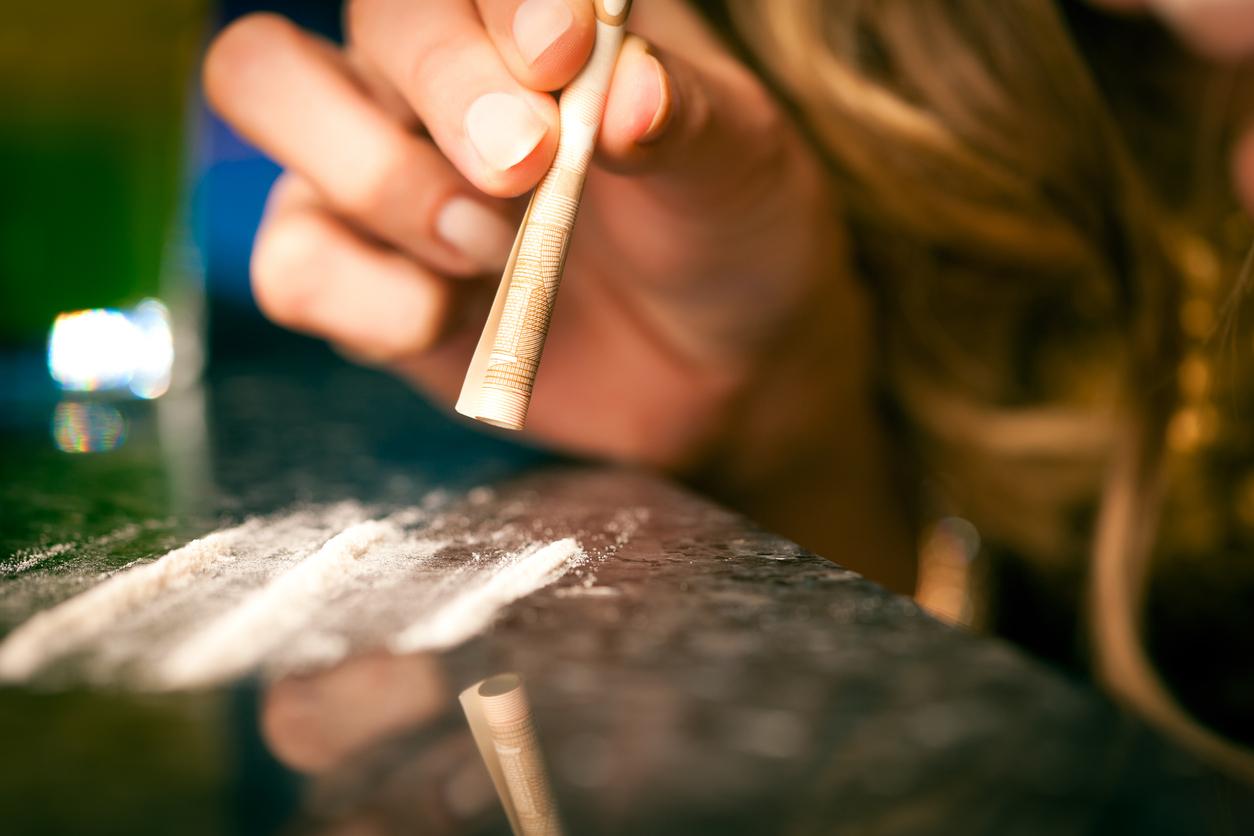While some experts recommend marijuana for anxiety relief in people with depression or other mental disorders, the effectiveness of cannabinoids in relieving symptoms is unproven, according to a new study. In some cases, cannabis could on the contrary aggravate the pathology, assure the researchers.

Depression is the most common mental illness in the world. According to the World Health Organization (WHO), more than 300 million people are affected worldwide. In France, there are 3 million depressive patients and according to the National Medicines Safety Agency (ANSM), “nearly 13.4% of the French population thus consumed in 2015 at least once a benzodiazepine (mainly anxiolytic) ”. A number that makes us the second biggest users of benzodiazepines in Europe after Spain.
In order to reduce the prescription of antidepressants, some specialists are beginning to suggest marijuana to relieve anxiety. Few years ago, a canadian study even demonstrated that, at low doses, a synthetic form of the active ingredient in cannabis is as effective as traditional antidepressants like Prozac. However, according to a study published in The Lancet Psychiatry October 28 Cannabis does nothing for mental disorders. In some cases, such as psychosis, it would instead aggravate the symptoms.
Australian researchers affiliated with the National Center for Drug and Alcohol Research at the University of New South Wales, Sydney, reviewed 83 studies conducted between 1980 and 2018 to determine the efficacy and safety of all types of cannabinoids for medical use in the treatment of depression, anxiety, Tourrette syndrome, attention and hyperactivity disorder, post-traumatic stress disorder and psychosis. Of these studies, 40 are randomized controlled trials.
Further studies are needed
Observational results: The only people with less anxiety after cannabis treatment were patients with chronic pain or multiple sclerosis. But the evidence is “low quality”, say the researchers. As for other pathologies, marijuana often aggravates their manifestations, especially in people with psychoses.
Thereby, “there is insufficient evidence to provide guidance on the use of cannabinoids for the treatment of mental disorders within a regulatory framework. Further high quality studies directly examining the effect of cannabinoids on the treatment of mental disorders are needed.”
“Our results have important implications in countries where cannabis and cannabinoids are made available for medical use”, note the researchers who recall that obtaining the drug illicitly “carries a risk of legal proceedings, as well as than unknown content, quality and safety of the product.”
In France, therapeutic cannabis on trial from 2020
In Australia, possession of small amounts of cannabis is permitted in certain parts of the country. At the end of September, the Australian Capital Territory (ATC), Canberra, legalized the personal use of cannabis. From now on, people over the age of 18 will be allowed to possess up to 50 grams of cannabis and grow two plants, or a maximum of four per household.
In France, the ANSM gave its authorization in July for a test in a real situation in the therapeutic use of cannabis in the treatment of certain pathologies or to relieve certain symptoms. From the beginning of 2020, the prescription of cannabis-based products will be possible. In detail, it will be limited to patients in a therapeutic impasse, to those suffering from certain forms of epilepsy resistant to treatment, neuropathic pain not relieved by other therapies, side effects of chemotherapy, uncontrolled contractions in the multiple sclerosis, other pathologies of the central nervous system and for palliative care.
The products prescribed will be intended to be inhaled, in the form of oil or dried flowers, or ingested, in the form of drinkable solutions from drops or capsules of oil. Finally, the doctors who will participate in this experiment will be volunteers who will have to undergo specific training.

.















